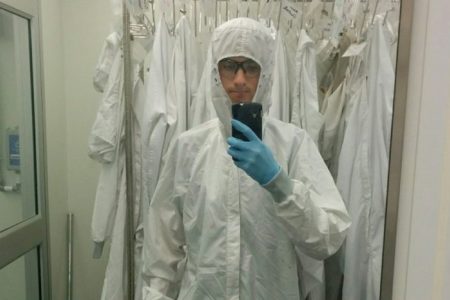
Pasadena Senior Center’s Cosmic Cocktail Hour with Carnegie Observatories will feature “The Dynamic Lives of Black Holes, Neutron Star, and White Dwarfs in Globular Clusters” on Wednesday, April 13, starting at 4 p.m.
In this virtual lecture, Dr. Kyle Kremer, National Science Foundation Fellow at Caltech and Carnegie Observatories, will describe what globular clusters are, how they’re different from galaxies, and what are some of the unexpected events experienced by compact objects, such as black holes, neutron stars, and white dwarfs, within these dense stellar systems.
Basically, a globular cluster is a spherical collection of stars. The name is derived from Latin “globulus,” meaning a small sphere. Globular clusters are very tightly bound by gravity, with a high concentration of stars towards their centers. Occasionally known simply as “globulars,” globular clusters orbit galaxies such as the Milky Way and are relatively small masses. A typical globular cluster may contain one mass of 100,000 stars, while the Milky Way has nearly a trillion masses of stars or suns.
Dr. Kremer began his current position at Caltech and Carnegie Observatories after defending his thesis, “The Role of Black Holes in Globular Cluster Dynamics,” in 2019. His current work spans a variety of topics in astronomy from the detection of black hole mergers through gravitational waves to modeling the N-body dynamics of dense stellar systems like globular clusters. He also studies the electromagnetic signatures that result when stars are torn apart by black holes.
Registration is required to attend the virtual presentation.
To register, visit https://tinyurl.com/47eyudv3 and click on the Register Online button.
For more information, call (626) 795-4331 or visit www.pasadenaseniorcenter.org.






